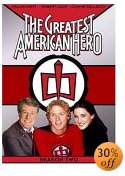
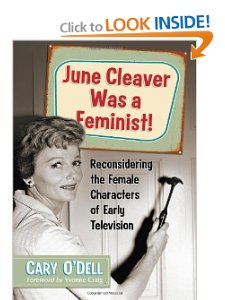

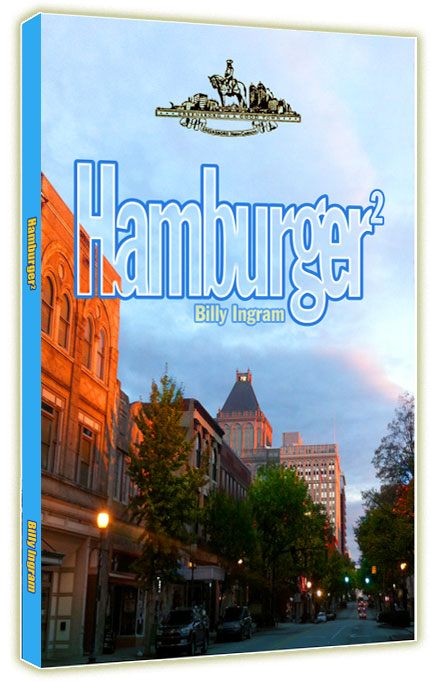
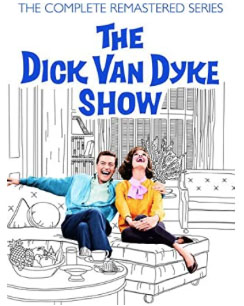

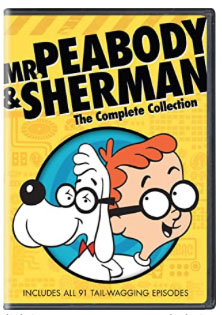
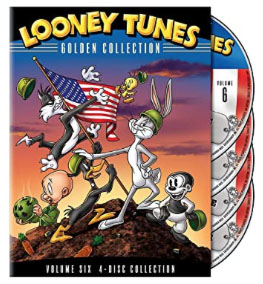
 |
 |
 |
 |
 |
 |
 |
 |
TV Shows on DVD/ / / / / TV Blog/ / / / / Punk Book/ / / Holiday
Specials on DVD / /
/ / / / Classic
Commercials / / / TV
Shows on DVD Reviews
|
|||||||
Hicks: Did you grow up reading comic books? Cannell: No. I never liked them. I was very dyslexic. I didn't read very well. I was an athlete. I was always outside throwing balls and stuff. Hicks: So ABC liked your idea? Cannell: Well, they accepted it and they said OK. So then I wrote it and we shot it and then Marcy and Tom left ABC and some new people came in and they wanted a real traditional superhero show. I was at war with them all the time. I had cut a deal with Marcy and Tom on this where I said, "Look, what interests me about this is the human comedy of it. What would happen if I get this superhero suit and my kids catch me in it?" The first time I could say, "Well, I'm getting ready for Tom's costume party on Saturday night." But after they catch me in it a couple of times they're going, "Dad. What are you doing? Why do you keep putting that on?" What would it do to you? And if you get caught? In the pilot, they put him in a mental institution. When he tells his girlfriend, Pam, she's saying, "You've got to tell me what's happened to you, why you keep wearing that suit." He goes, "Well, it's got powers." And she says, "It's got powers, huh?" Trying to explain to her that he could fly. It was hysterically funny, I thought, as long as it was an everyman kind of guy. If he was Clark Kent, I wouldn't think it was as funny. Hicks: And he didn't know how to use the suit? Cannell: He didn't know how to use the suit. Hicks: Was that always part of the idea? Cannell: Yeah. I wanted it always to be a problem. I wanted the suit to be a problem, not a solution. And that was a big difference to any other superhero show that I'd ever seen. When I pitched that to them, they agreed. They thought that was a great way to go. But then they got replaced. And so now the new people came in and they didn't agree with that. I'd already agreed to do the show. I wouldn't have agreed to do the show if I couldn't have done it the way I wanted to do it. I would have passed. So now it was on the air. There was 13 episodes and I was stuck making them and I was fighting with ABC every day about it. I managed to not give in. If you look at the shows, you'll see that I didn't give in. But boy, I was not a popular camper. But the show ended up getting moved to a bad time period and eventually after two and a half years was canceled. I think if they left it on Wednesday nights at 8 o'clock, we'd have been on for eight years. Because it was a big hit there but they were so angry at me about not acquiescing about that change. They just wanted a real in your face superhero show. Story Continues After This Message!
Hicks: Was the cancellation unexpected? Cannell: No. Because they moved us out of that time period into a much worse time period. I must tell you it was the most devastating two-and-a-half-year battle with them. I'm not saying they're wrong. They came in and they didn't like what I was doing. So what are you going to say? It was in the top 20 in the first season. But it wasn't like the No. 1 show on television. They liked it, the number, but they thought it would be in the top 10 if I changed it and I didn't want to change it. We fought and they said well let's put it over here and see how it does. They moved it out of the time period where it was performing into another time period and didn't do as well there and they said see, see? Hicks: They thought it was your idea that was faulty vs. the time period? Cannell: Yeah. You know what? Who knows what it was. I'm not saying I was right. I'm just saying that was the show that I agreed to do and I didn't want to do the other one. I wouldn't have signed up for the other one. I would have passed. I was given the opportunity to do this show by the head of programing at ABC and then when they left I just got caught in the new regime. I'm not angry about it. I understand it. I understood that's how things go. Sometimes you get hit by that. But that's what happened. Hicks: Did you lose sleep over the lawsuit? Cannell: Yeah, a lot of sleep because the show looked like it was going to be a hit and all of a sudden Warner Bros. comes in there and tells us that they own the entire super hero genre, that no one else could ever create another superhero with a cape. Because they bought DC Comics, they believed they owned it and we won that suit and in fact redefined copyright law. That's a landmark suit. Hicks: Out of all the shows you've done, how would you rate "Greatest American Hero" against your measure of success? Cannell: There are two kinds of measures of success. One is creative success and the other is commercial success. Obviously, "The Greatest American Hero" was a mediocre commercial success but it was a very good creative success. The same with "Tenspeed & Brownshoe." And some shows are both, like "The Rockford Files." They're creative successes and they're commercial successes. So I would say that it was a really good creative success. It was exactly the show I wanted to make despite all the energy wasted over fighting over how to do it. It ended up being the show I wanted to do. Hicks: Greatest American Heroine was on very briefly. Cannell: Yeah. We only made a pilot. We didn't sell it. Hicks: Why did you decide to revisit the character as a woman? Cannell: It was actually Robert Culp who wanted to do that and he came to me with that idea and wanted to do it. I said OK, so we did it. Hicks: This is after the first one had been canceled? Cannell: Yeah. Well after. And we got Bill Katt to come back and help us with the pilot and give the suit over to this girl. It was good. It was fun. But it didn't work. Hicks: There are several Web sites devoted to Greatest American Hero. Why do you think a show that was only on for two and a half years is so fondly remembered? Cannell: Because it had its own vibe. It was very definitely its own thing. There was no show that I can recall, ever, or film, ever, like it. It was really special in that respect. It was very creative, very different. It wasn't a normal superhero show. I think that, for whatever reason, we struck a nerve with it. And it's been fondly remembered and it's been rerun a lot of times. So it's done well. Hicks: Do you think that loyalty to the show, that interest in the show, is going to translate into a feature project? Cannell: Could. I don't know. I'm not the guy to ask for stuff like that. I have no opinion about any of that. I always just think you try and do the best work you can and you throw it out there. I'm surprised sometimes when shows are hits and a bit surprised when some shows are not hits. I've given up trying to predict. Hicks: What would be your dream cast for Maxwell and Pam? Anyone you're thinking about? Cannell: You know, I never do that. I did mention Adam Sandler but there are other people I cold see playing it, too, including Brad Pitt. But I'm not going to waste any time on that until it becomes a reality. When the script gets right and we start going out to actors then we'll start to make an actor list and there will be names that will come up that will never have occurred to me that will be better than the ones that I had. Then we'll go out and submit it to somebody. Let's suppose we get Adam Sandler. That's going to affect who you do as Maxwell. That's going to affect who you're going to cast as Pam. If you put in a straighter kind of an actor to play Hinkley, then you're going to go a little more comedic with Maxwell. Is it Robert Duval? Is it Gene Hackman? Who is Maxwell? I don't know. It could be any of those guys. You're trying to build a cast based on who the other performers are. Hicks: One last question. One of the most seen images on TV is you at the end of your shows pulling the paper out of the typewriter. Are you a typewriter man? Cannell: Yep. I work on a Selectric, just like you see. Because of my dyslexia, my learning disabilities, everything has to be retyped. I spell everything badly. The spell check won't even work for me because I'm so far off the word. It just starts to smoke when I hit the spell checker. If you saw my rough draft, it's legible, you can read it, but I spell phonetically. |
PR4 & PR5 Pages for ads - CHEAP!
L. Wayne Hicks is a Denver-based writer and student of popular culture. He is completing his first book, the story of the TV show Romper Room.
NOW
ON DVD!
TV
on DVD
TV
on DVD
|
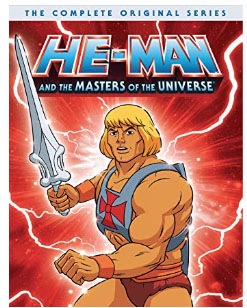 |
 |
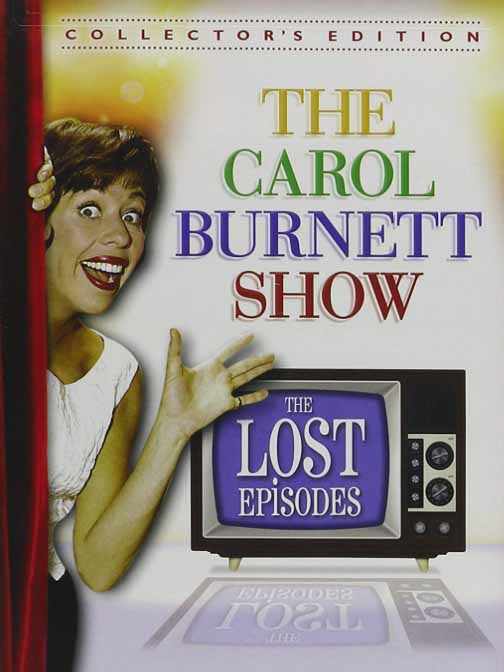 |
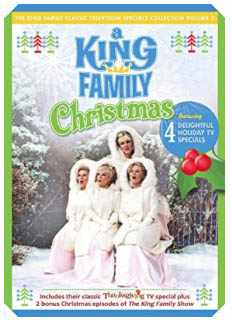 |
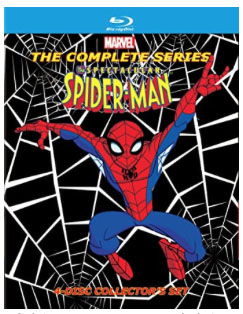 |
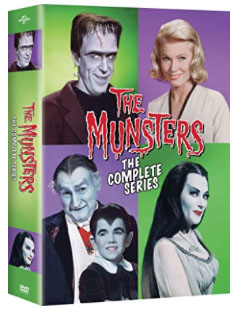 |
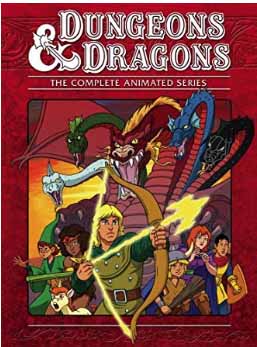 |
|
| TV
Shows on DVD/ / /
/ / / / TV Show Reviews /
/ / / / / / Cartoons
on DVD/ / / / / /
/ Holiday
Specials on DVD /
/ / / / / Classic
Commercials |
|||||||
|
||||||||||||||
 Contact Us / Classic TV DVDs TV Blog |
 |